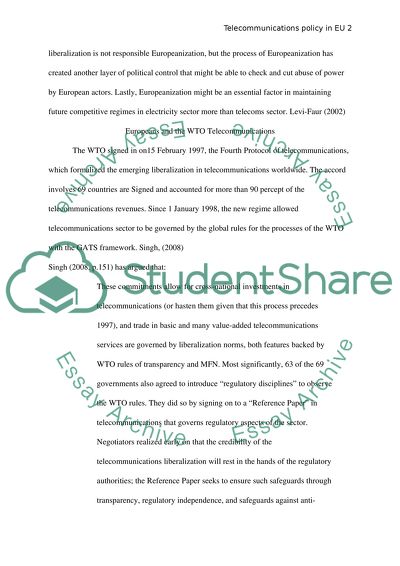Cite this document
(“The development of telecommunications policy in the european union Essay”, n.d.)
The development of telecommunications policy in the european union Essay. Retrieved from https://studentshare.org/journalism-communication/1588114-the-development-of-telecommunications-policy-in-the-european-union
The development of telecommunications policy in the european union Essay. Retrieved from https://studentshare.org/journalism-communication/1588114-the-development-of-telecommunications-policy-in-the-european-union
(The Development of Telecommunications Policy in the European Union Essay)
The Development of Telecommunications Policy in the European Union Essay. https://studentshare.org/journalism-communication/1588114-the-development-of-telecommunications-policy-in-the-european-union.
The Development of Telecommunications Policy in the European Union Essay. https://studentshare.org/journalism-communication/1588114-the-development-of-telecommunications-policy-in-the-european-union.
“The Development of Telecommunications Policy in the European Union Essay”, n.d. https://studentshare.org/journalism-communication/1588114-the-development-of-telecommunications-policy-in-the-european-union.


